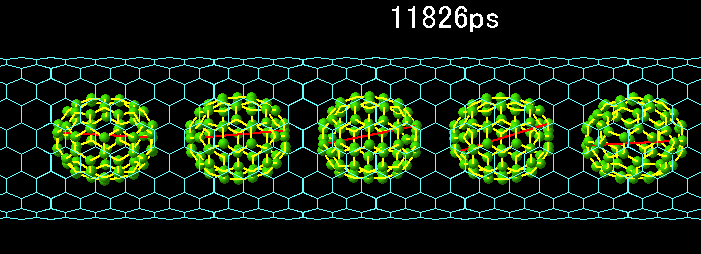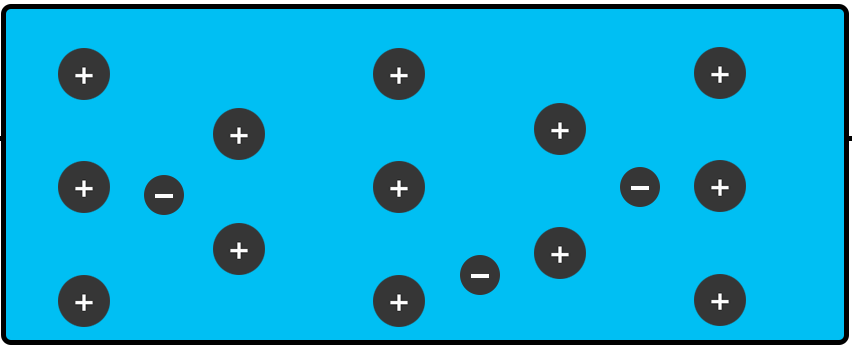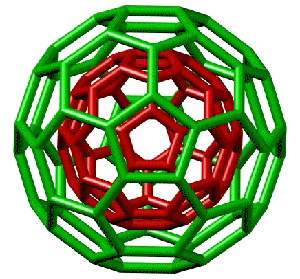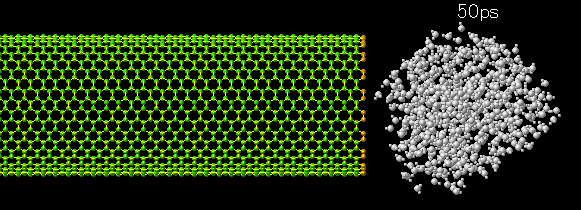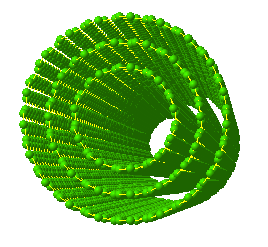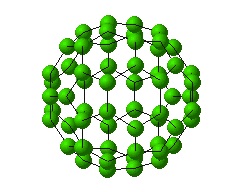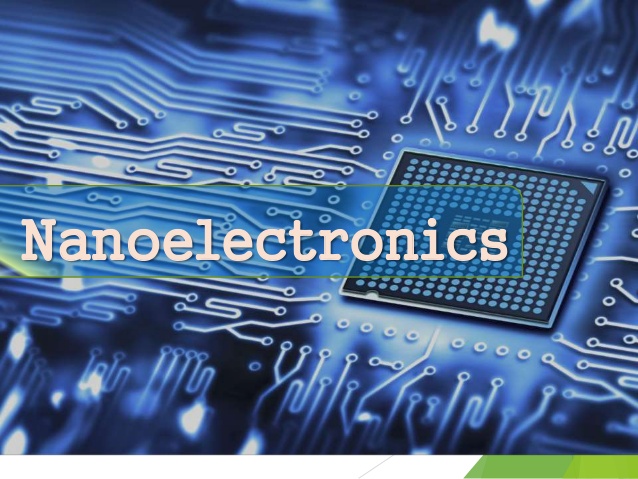Note: The structure and electronic properties of empty single-walled nanotubes (SWNT) and SWNT filled with fullerene molecules are also called (nano peapods). The characteristics of this type of unique metal SWCNT nanotubes are dedicated to metal electrodes or superconductors.
Nano peapods are carbon nanotubes and surround fullerene molecules, they can provide advanced performance in terms of empty CNT nanotubes. Their applications include, for example, data storage devices, single-electron transistors, and spin-qubit arrays for quantum computing. The nanotubes are blocked by the trapped fullerenes, preventing the peapods from reaching their full potential in nanoscale electronic applications.
Conclusion :
with a nano-electromechanical connection between electronic and quantum states of CNT carbon nanotubes and mechanical vibrations of fullerenes. Peapod is a carbon nano hybrid material composed of spherical. Fullerene enclosed in a CNT carbon nanotube . Named for their resemblance to the seeds of the pea plant. Since the properties of carbon stones are different from those of nanotubes and fullers, carbon peapod can be recognized as a new type of self-assembled graphic structure.
Researcher and author: Dr. ( Afshin Rashid)
Specialized doctorate in nano-microelectronics


